The number of people sleeping in their cars across Texas has risen in recent years as housing costs have soared and lifestyles have shifted. Whether you’re a weary traveler seeking a rest break, someone scoping out van life, or you’ve found yourself in hardship, understanding the laws around sleeping in your car in Texas is crucial for avoiding legal trouble and ensuring your safety. This comprehensive guide will walk you through the legality, restrictions, safe places, exceptions, and practical tips for sleeping in your vehicle in the Lone Star State.
The State Law for Sleeping in Your Car in Texas:
Texas does not have a statewide law that explicitly forbids sleeping in your car. This means, in general, you are not committing a crime simply by sleeping in your parked vehicle. In fact, across all 50 U.S. states, there is no universal law against using your car as a temporary shelter—though restrictions exist mostly at the local level.
Local Ordinances: The Deciding Factor
The real complexity comes from local city or county ordinances. While the Texas Transportation Code allows parking a passenger vehicle on public streets for up to 24 hours in many circumstances, cities and municipalities retain the power to enact their own rules. This means legality can drastically change from one city to another.
For example, in Dallas and Houston, city ordinances make it illegal to sleep overnight in vehicles parked in most public places, residential areas, or along city streets. Violations can result in citations, fines, vehicle towing, or even arrest in some scenarios.
Where It Is Legal to Sleep in Your Car in Texas
1. Highway Rest Stops
Highway rest stops remain one of the safest and most reliable options for sleeping in your car. By state law, Texas rest stops allow parking for up to 24 hours. These facilities are designed to prevent driver fatigue—a major factor in road accidents—and typically provide lights, restroom access, and sometimes picnic areas or grills. Texas has more than 80 official rest areas across its vast highways. Check out the Texas Department of Transportation’s map for rest area locations.
2 .Private Property (With Permission)
The safest place to sleep in your car is on private property, but only with the owner’s consent. This includes the driveways of friends or family, private lots (like those belonging to select businesses), and certain truck stops or campgrounds. Always seek and receive explicit permission before parking overnight.
3 . Designated Lots and Truck Stops
Some large retailers and national truck stops (e.g., Flying J, Love’s, Pilot) may allow overnight parking as a courtesy to travelers. These lots are generally well-lit, monitored by security, and used frequently by cross-country drivers or RVers. Store policies vary greatly, so check with the management before settling in for the night. Popular Texas travel centers, like Buc-ee’s, often prohibit overnight stays due to their policies.
4. Campgrounds and State Parks
If you’re seeking longer-term accommodations, consider campgrounds, state parks, or RV parks. Many of these sites permit sleeping in vehicles—provided you pay the required fee and adhere to the specific rules. This option carries the added benefit of restrooms, showers, and relative safety, making it particularly attractive for those on the road for extended periods.
5. Walmart
Walmart Parking Lots (sometimes, with prior permission): Walmart doesn’t have a company-wide policy on sleeping in a recreational vehicle (RV) in their parking lots. Each store manager decides. Most managers choose not to address it, while some create designated RV overnight parking areas in their Walmart.
Where It Is Illegal or Risky to Sleep in Your Car in Texas
1.Residential Streets and City-Owned Property
Parking overnight on city streets—especially in residential neighborhoods, near schools, or downtown business districts—can get you cited or towed. Cities like Dallas and Houston have ordinances specifically banning sleeping in vehicles on public property, in public parks, and along public thoroughfares.
2.School Zones
Texas law forbids any parking (let alone sleeping) within designated school zones. Doing so, especially during school hours or activities, can quickly lead to tickets and may even be considered suspicious activity.
3.Private Property (Without Permission)
Even if a lot appears to be unused, sleeping there without explicit consent can result in trespassing charges under Texas Penal Code Sec. 30.05. Cameras and neighborhood security have made it much easier for property owners to detect and report unauthorized vehicles.
3.Beaches, Parks, and State Land
Most public beaches and parks do not allow overnight camping or vehicle sleeping without a permit. Enforcement is especially strict in popular areas and near natural attractions, so always check local park rules. Check out some Texas beaches which allow camping and what you need to do to camp there legally.
The Impact of Texas’ “Anti-Camping” Law
In 2021, Texas enacted an “anti-camping” law that makes it a misdemeanor to camp in public places without permission. Camping is defined broadly, and includes sleeping with bedding or in a vehicle. While the law primarily targets extended encampments and not travelers simply resting, the possibility remains that someone who regularly uses their car as a public shelter could be prosecuted under this statute.
Potential Penalties for Violating Local Laws
Violating state or local ordinances can lead to a range of consequences, including:
- Fines ranging from $50 to several hundred dollars, depending on the city and offense.
- Vehicle towing or impoundment, which adds additional costs for retrieval.
- Arrest, especially if the incident involves trespassing or other criminal behavior.
Safe and Legal Alternatives for Resting in Your Car
To sleep in your car safely and legally in Texas, follow these best practices:
- Plan Your Stops: Use apps or maps to identify rest stops, truck stops, or campgrounds along your route.
- Seek Permission: Always ask property owners before parking overnight. Many businesses prefer you ask.
- Prioritize Safety: Choose well-lit areas, lock all doors, and keep valuables out of sight.
- Be Discreet: Use window shades, avoid drawing attention, and keep noise to a minimum.
- Prepare for Temperature Extremes: Texas can be dangerously hot or cold. Crack windows for ventilation, bring blankets, and never leave the engine running indoors or with closed windows (risk of carbon monoxide).
- Understand Local Rules: Before sleeping anywhere, check city or county ordinances.
Special Considerations: Sleeping in Your Car and DUI Laws
If you are found sleeping in your car while intoxicated, you still risk being charged with driving under the influence (DWI/DUI). In Texas, being in “control” of a vehicle, even if simply sleeping with the keys accessible, can count as “operating” the vehicle under certain circumstances.
Some state and national statistics underscore the importance of rest:
-
The National Highway Traffic Safety Administration estimates that drowsy driving causes around 100,000 crashes, 71,000 injuries, and 1,550 deaths annually in the U.S.
-
Texas ranks among the top states for drowsy driving fatalities due to sheer road mileage and the prevalence of long-haul traffic.
Practical Tips and Resources
-
Keep a backup plan: Know at least two safe places to go in case you’re told to move.
-
Pack essentials: Blankets, food, water, a portable phone charger, and window shades make a big difference.
-
Notify authorities: If you must stop in a questionable spot, consider informing local police or security.
-
Use signage: Some travelers leave a courteous note on the dashboard stating they are resting for safety.
Conclusion
In Texas, it is not illegal statewide to sleep in your car, but complex local ordinances and property rights make the issue nuanced. To stay on the right side of the law:
- Use designated rest stops, campgrounds, or private property (with permission).
- Avoid public streets, residential areas, school zones, and any spot with signage prohibiting overnight parking.
- Check rules city by city, as they can vary dramatically.
Stay informed, be respectful of property rights, and prioritize your own safety above all. Whether you’re on a cross-state journey or facing life’s hardships, planning and knowledge are your best allies in making your overnight stop both restful and lawful.
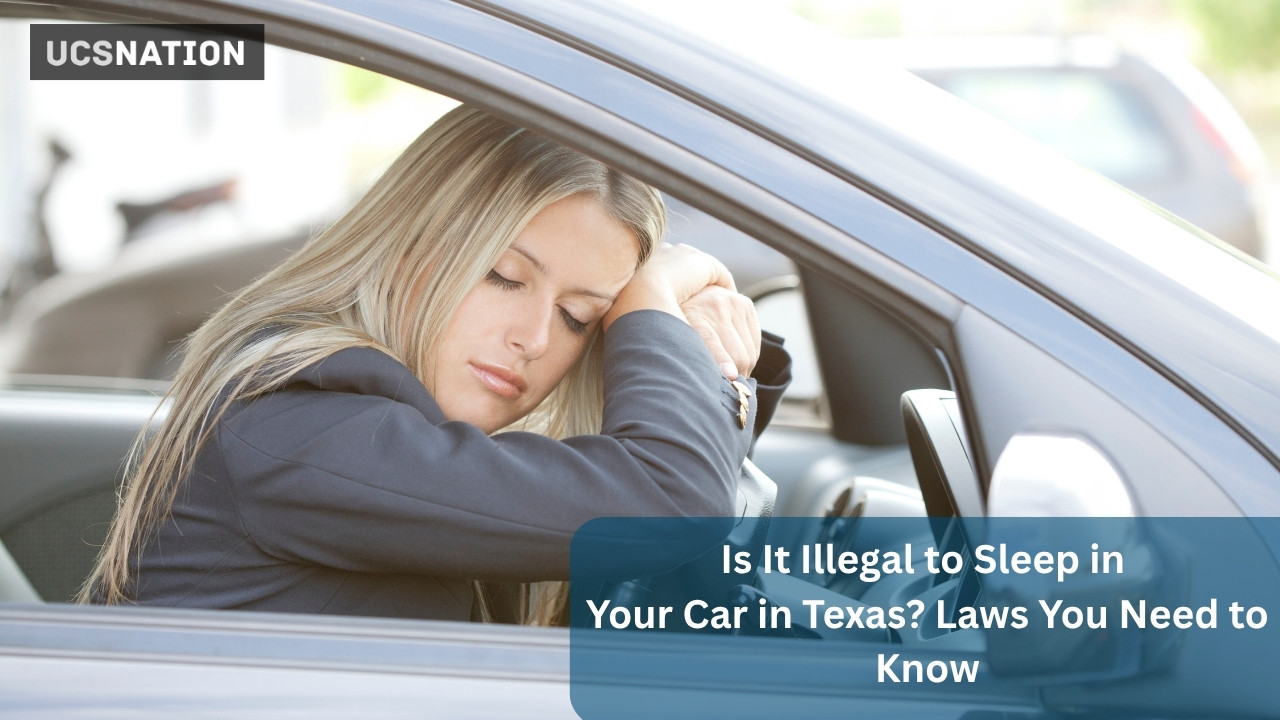





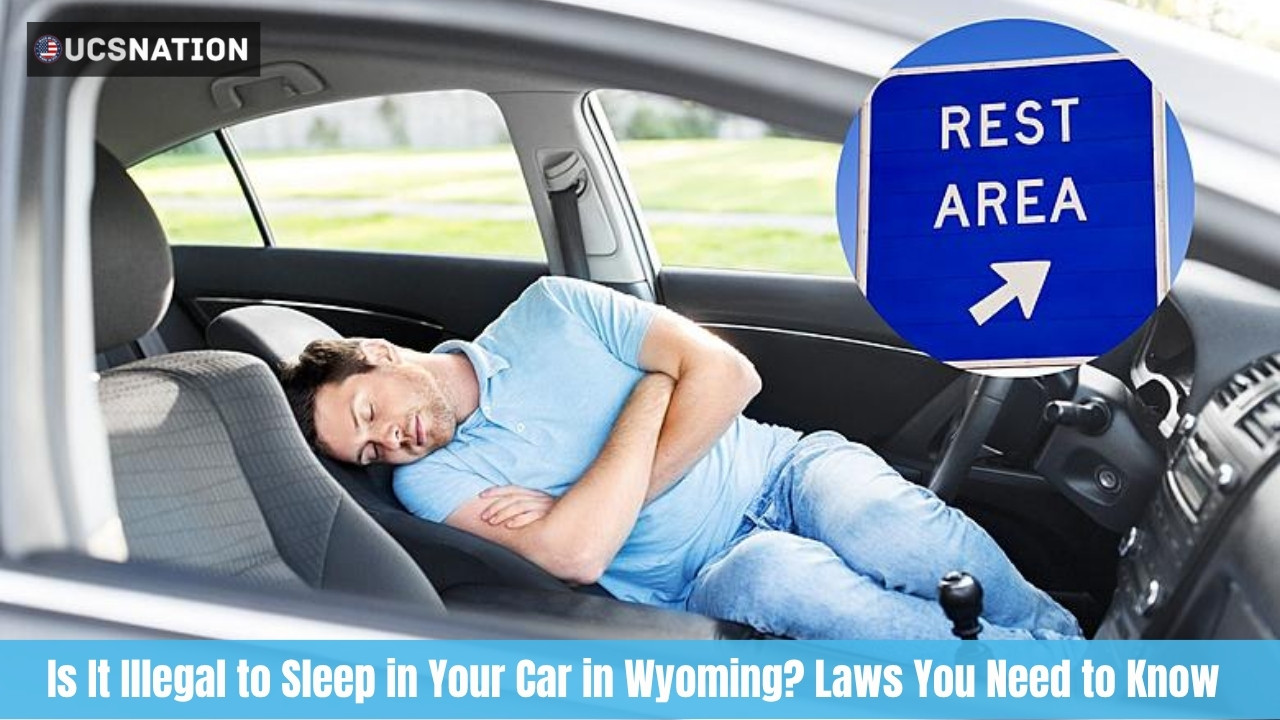
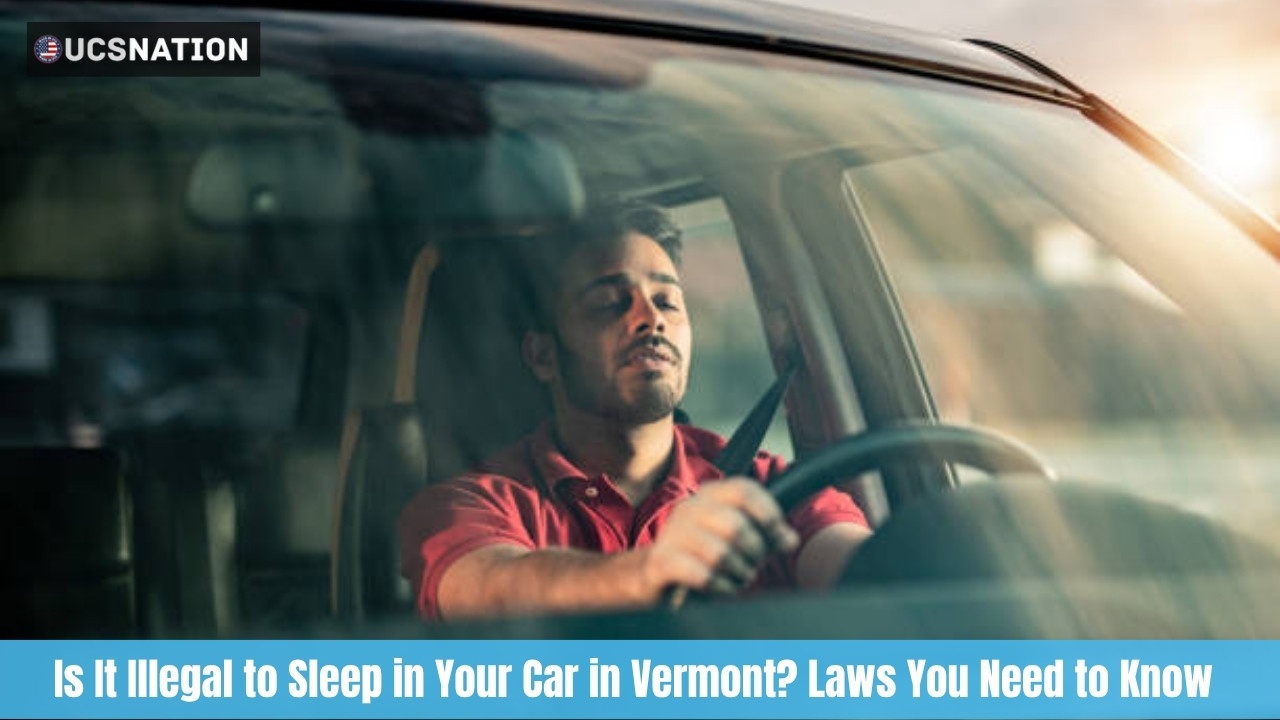
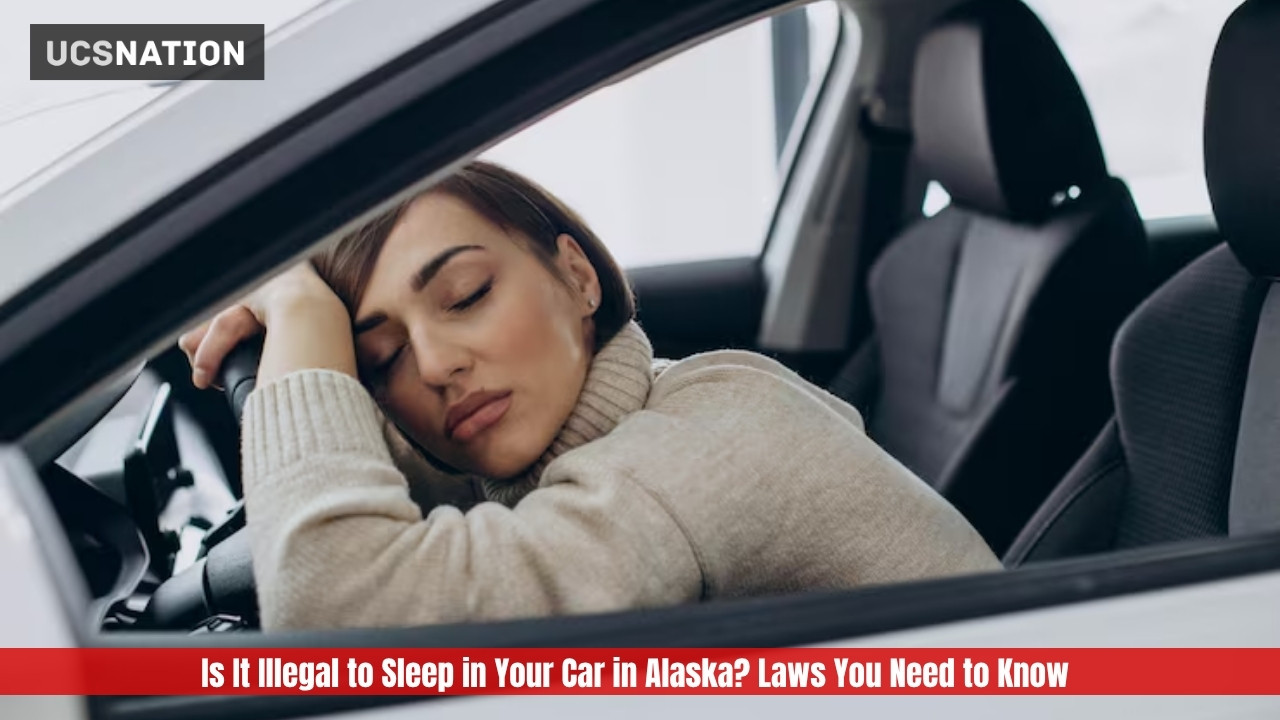
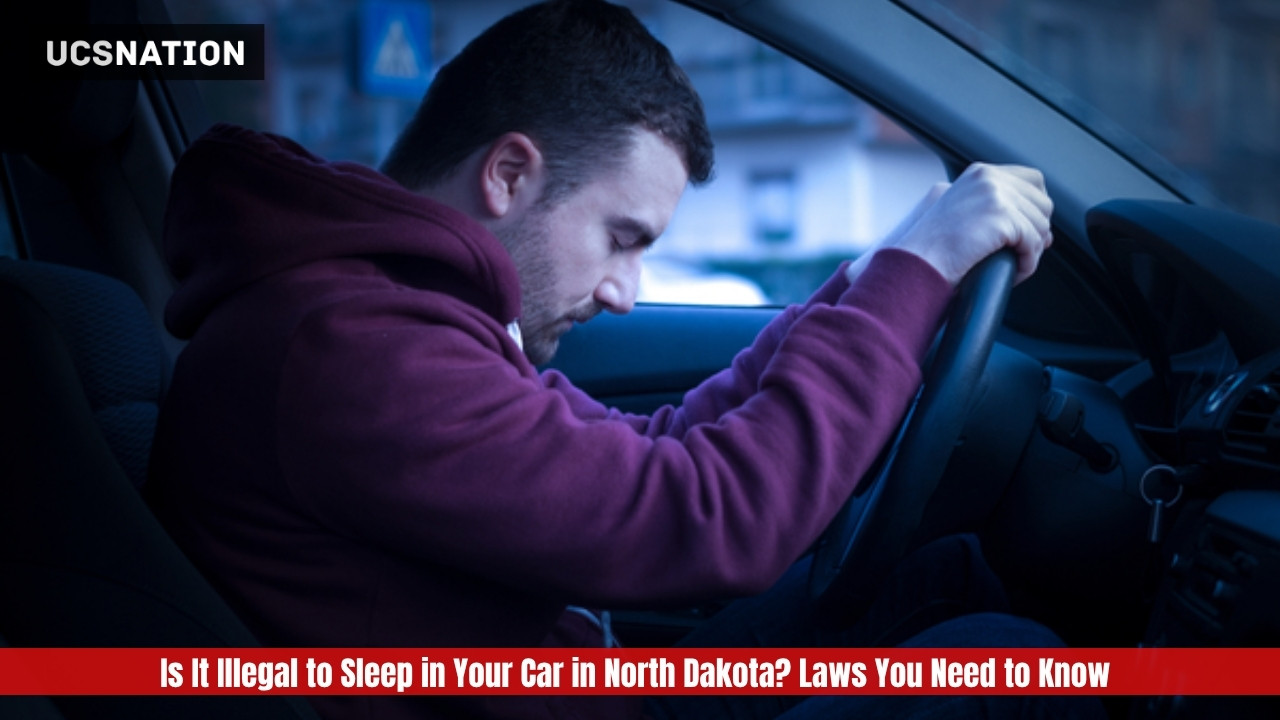
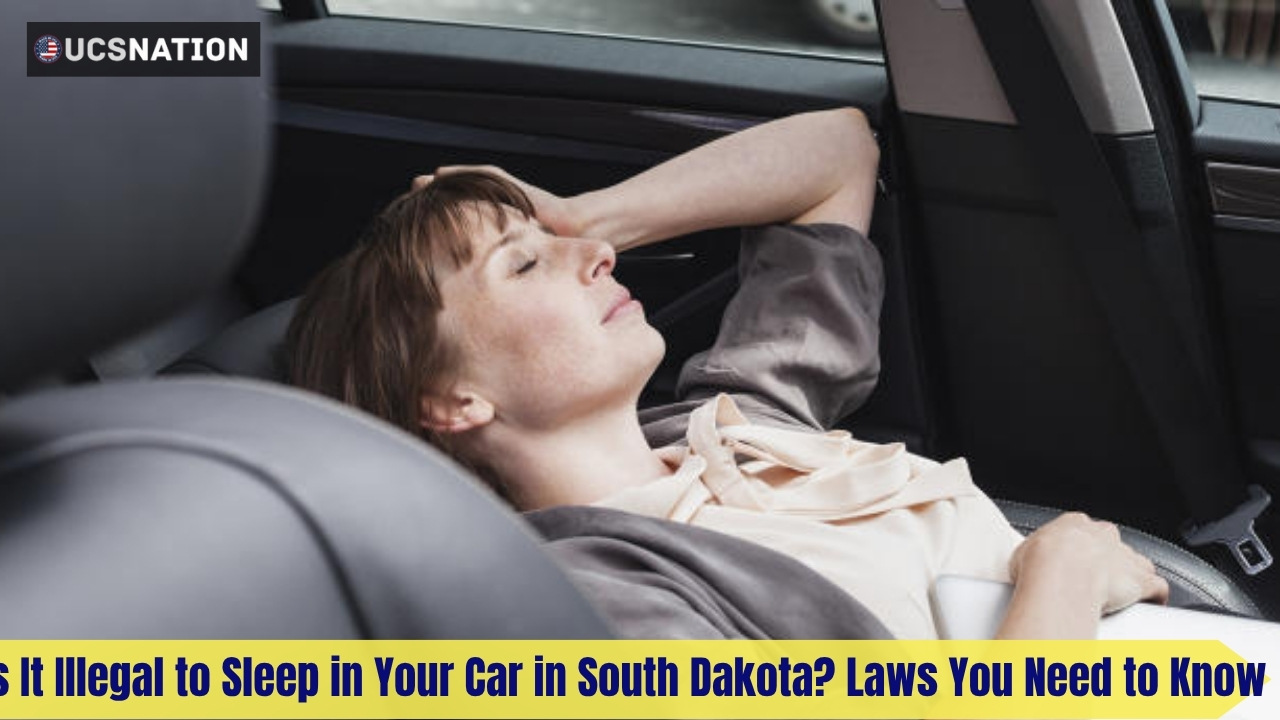




Leave a Reply